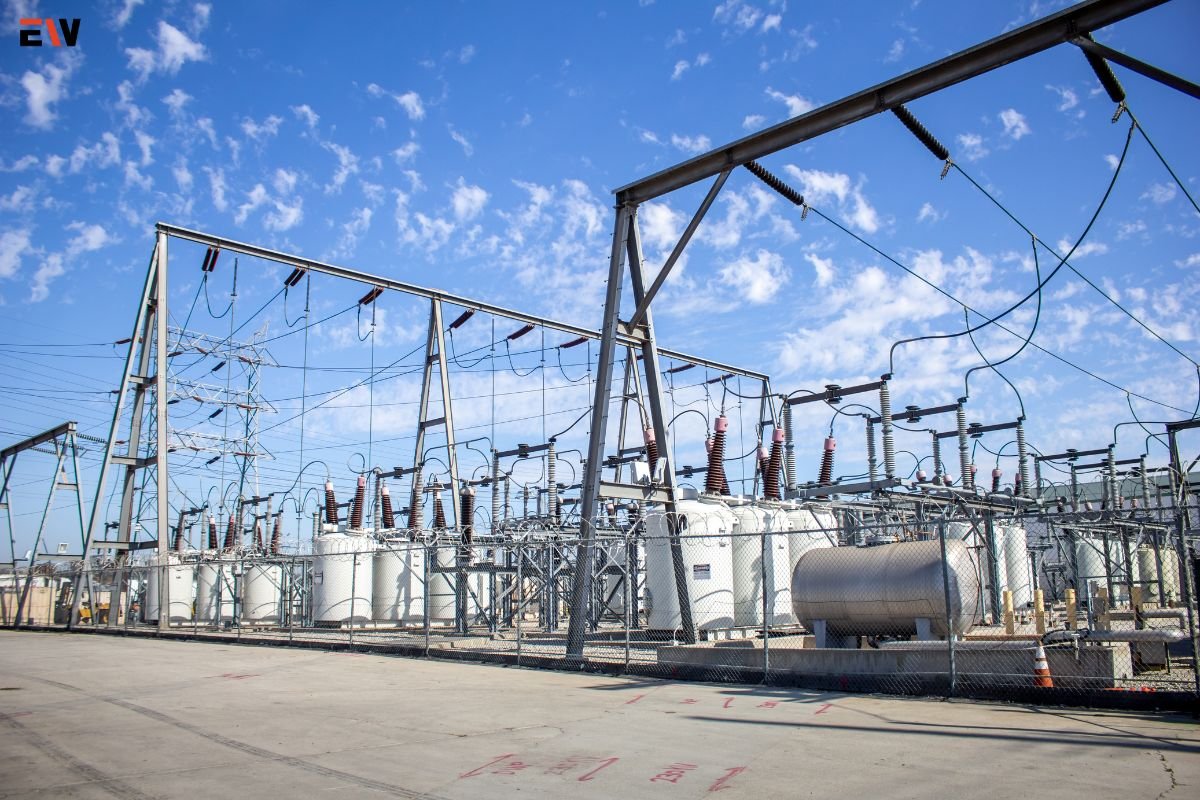A cloud computing engineer has become an important part of the corporate world lately. In a tech-driven world, the infrastructure that underpins our digital existence has become increasingly reliant on cloud computing. Within this dynamic landscape, the role of a cloud computing engineer emerges as a linchpin in the seamless functioning of organizations’ IT systems.
This article embarks on a journey to unravel the multifaceted role of a cloud computing engineer and to underscore why organizations should consider this role essential. Furthermore, we’ll explore the future of cloud computing within the IT industry, offering a glimpse into what lies ahead. As we traverse a digital realm where data and applications are no longer confined to on-premises servers but dispersed across vast virtual landscapes, these engineers are the architects, guardians, troubleshooters, and efficiency orchestrators, ensuring the seamless operation of IT systems.
Let’s dive deep to read more on What is the Role of a Cloud Computing Engineer in the Tech-dominated Infrastructure?
The Crucial Role of a Cloud Computing Engineer
- Architect of the Digital Ecosystem

A cloud computing engineer is the architect of the digital ecosystem, responsible for designing, deploying, and managing cloud-based infrastructure. They must have a deep understanding of various cloud services and platforms, ensuring that the organization’s digital assets are hosted, maintained, and scaled optimally.
- Security Sentinel
Security is a paramount concern in the cloud. A cloud computing engineer is tasked with implementing robust security measures, including encryption, identity and access management, and compliance controls. They are the guardians of data integrity and privacy.
- Troubleshooter Extraordinaire
When issues arise in the cloud environment, the engineer dons their troubleshooter hat. They must diagnose problems, optimize performance, and ensure minimal downtime. Rapid response and problem resolution are crucial in maintaining a seamless digital operation.
- Efficiency Orchestrator
Cloud computing engineers orchestrate resources effectively, optimizing cost management. They must balance performance with cost, ensuring that the organization gets the most value from its cloud investments.
Why Organizations Should Consider the Role of a Cloud Computing Engineer
- Navigating Complex Cloud Ecosystems

The cloud ecosystem is intricate, with a multitude of services, providers, and configurations. Organizations need a knowledgeable guide to navigate this complexity and ensure they are utilizing the cloud to its full potential.
- Security and Compliance Assurance
Data breaches and compliance violations can be devastating. A cloud computing engineer is instrumental in safeguarding sensitive information and ensuring that the organization adheres to regulatory requirements.
- Maximizing Efficiency
In an era where efficiency is paramount, engineers help organizations maximize resource utilization, reduce costs, and maintain a competitive edge in the digital landscape.
- Future-Proofing Digital Infrastructure
Cloud computing is continuously evolving. A cloud computing engineer keeps an organization’s digital infrastructure future-proof, adapting to new technologies and ensuring that the organization remains agile in the face of change.
The Future of Cloud Computing in the IT Industry
- Hybrid and Multi-Cloud Environments
The future of cloud computing lies in hybrid and multi-cloud environments. Organizations will blend private and public clouds, optimizing their infrastructure for specific workloads. Cloud computing engineers will play a pivotal role in orchestrating and managing these complex environments.
- Edge Computing Integration
Edge computing is gaining prominence, especially in applications that demand low latency. Cloud computing engineers will extend their expertise to manage edge computing nodes, ensuring a seamless connection between the edge and the cloud.
- Enhanced Security and Compliance
As cyber threats evolve, security and compliance will remain at the forefront of cloud computing. Engineers will need to continually adapt and implement cutting-edge security measures to protect digital assets.
- Serverless and Container Technologies

Serverless and container technologies are reshaping the cloud landscape. They will need to master these technologies, optimizing resource utilization and ensuring scalability.
- Artificial Intelligence and Machine Learning Integration
AI and machine learning are revolutionizing cloud services. Engineers will harness these technologies to automate tasks, gain insights, and enhance cloud performance.
Conclusion
The role of a cloud computing engineer in our tech-dominated infrastructure cannot be overstated. They are the architects of our digital landscape, the sentinels of security, and the orchestrators of efficiency. Organizations that recognize the value of a cloud computing engineer invest in the resilience and future-proofing of their digital infrastructure. As we peer into the future, cloud computing continues to evolve, with hybrid and multi-cloud environments, edge computing, enhanced security, serverless technologies, and AI integration at the forefront.
The cloud computing engineer, equipped with the knowledge and skills to navigate this evolving landscape, will play a pivotal role in shaping the digital future of organizations. The future of cloud computing within the IT industry is dynamic and promising, and the cloud computing engineer is the vanguard that will lead organizations through this transformative journey.









